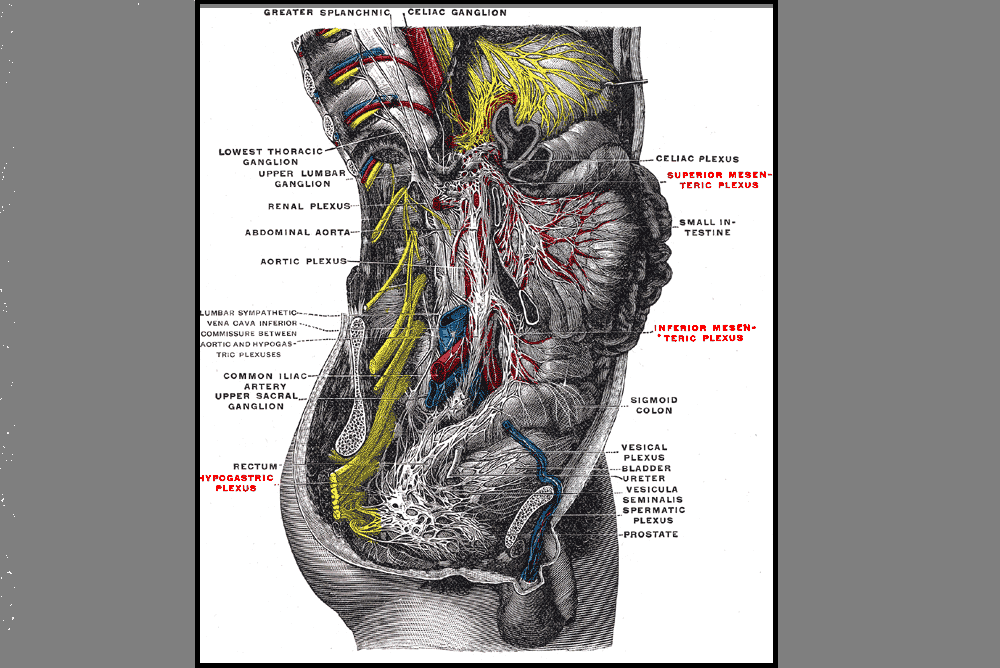Female Veterans and Urinary Incontinence
Just published in the June edition of the Journal of Obstetrics and Gynecology, evidence points to post-traumatic stress disorder (PTSD) among female military veterans as a cause of urinary incontinence. 968 women ages 20-52 completed surveys addressing gynecologic, medical, and mental health. 19.7% of the women reported urgency/mixed urinary incontinence (UI), and 18.9% reported symptoms of stress UI. PTSD was associated with urinary urgency or mixed UI, but not with stress incontinence. Symptoms of depression did not correlate with stress or urgency/mixed incontinence. The authors concluded that for a female veteran having symptoms of urge or mixed UI, there is an increased likelihood that she also suffers from PTSD and an associated poorer mental health/quality of life. The authors also state that increased research is needed to better understand the neurobiology of continence.
A report in the Journal of Psychiatric Research suggests that women who have served in the military need to be screened for PTSD and prior trauma or stress events, as regular duty and reservist personnel serving in Canada were found to commonly deal with symptoms of PTSD. Other issues found to be clinically significant for female veterans include depression, sleep difficulties, and chronic pain. In 135 patients studied by Kelly et al. and reported in the journal Research in Nursing and Health, military sexual trauma is reported by 20-40% of female veterans.
All of the above issues are relevant to the pelvic rehabilitation provider. It makes sense that post-traumatic stress disorder has an effect on the nervous system that can then affect bladder function. Our treatments often include strategies to calm the nervous system, and for those patients who have PTSD, relaxation strategies may be extremely important as a treatment tool. In addition to urinary complaints, a female veteran presenting to our care may also have pelvic pain manifesting as various functional limitations including sexual dysfunction. It is appropriate to ask about all domains of pelvic health when working with a patient who has served, or who is currently serving in the military. The impact of serving in the military is gaining increased awareness, resulting in research that identifies various symptoms and proposed treatments. Overall, this improves our ability to provide more comprehensive care through increased physician awareness and through referrals to pelvic rehabilitation.
By accepting you will be accessing a service provided by a third-party external to https://hermanwallace.com./








































